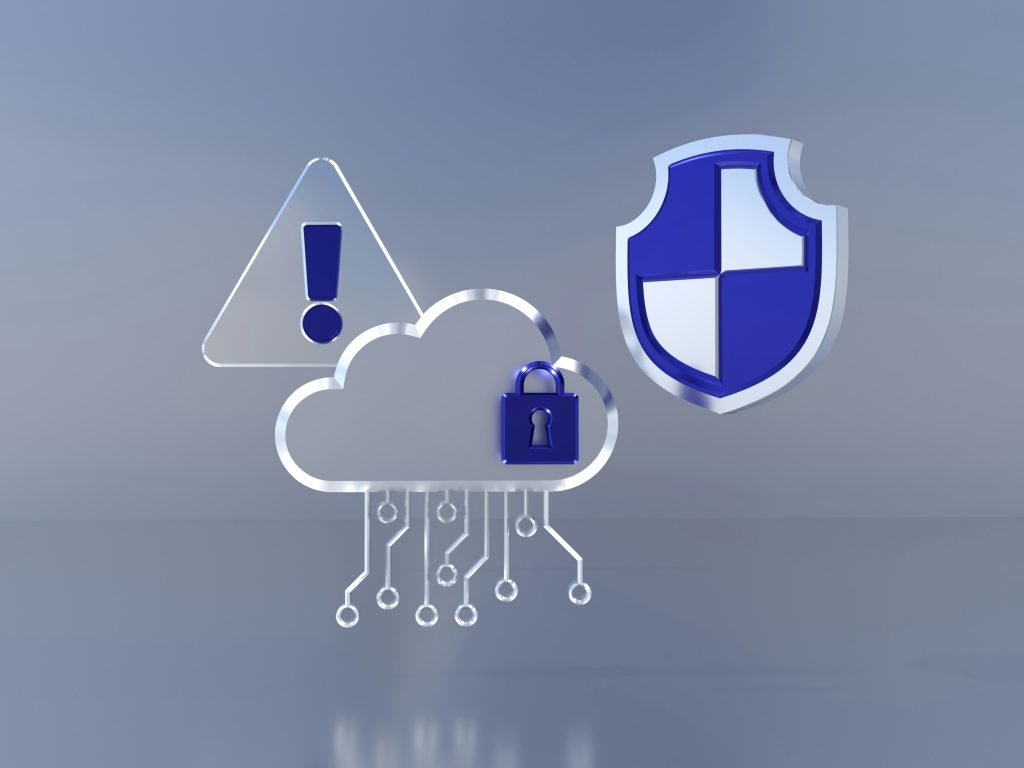The recent cyberattack on X sparks debate—was it an external assault or internal vulnerability? Hacktivist group Dark Storm claimed the DDoS attack, but questions arise about X’s weakened cybersecurity, especially after major staff cuts under Elon Musk’s ownership.
X’s Security Posture Post-Acquisition
Since Musk’s takeover in late 2022, X has undergone major cost-cutting measures, including layoffs that affected over 80% of its workforce. Cybersecurity and site reliability teams were not spared. The security teams were also effected. Former Twitter faced ongoing cybersecurity challenges, including phishing, credential-stuffing, and bot-driven attacks. Whistleblower Peiter ‘Mudge’ Zatko, Twitter’s former head of security, said that the company struggled to maintain security defenses, citing outdated infrastructure and a lack of resources.
The impact of these cuts became evident when Twitter suffered multiple security incidents post-acquisition. In 2023, data from 235 million Twitter accounts was leaked on a hacking forum. The breach was linked to an API vulnerability that had been exploited in late 2021, before Musk’s acquisition. While Twitter claimed to have patched the flaw in 2022, the mass layoffs in late 2022 may have weakened the company’s ability to detect and respond to the leak, exacerbating its impact. Furthermore, in 2023, Twitter had disabled key automated moderation tools, leading to increased spam and bot activity. Such gaps in security preparedness could make X more susceptible to attacks like the recent DDoS incident.
DDoS Mitigation: Was The Response by X Adequate?
A well-prepared platform should have robust DDoS mitigation strategies, yet X appears to have struggled with the attack. Outage tracking data from DownDetector showed that more than 41,000 users reported disruptions, with services only stabilizing after several hours. While major tech platforms like Google and Amazon have developed advanced DDoS mitigation techniques – such as Google Cloud Armor’s ability to detect and mitigate high volume Layer 7 DDoS attacks – X’s response makes me worried about whether similar countermeasures were in place.
One telling sign of potential underpreparedness was Musk’s vague attribution of the attack to “IP addresses originating in Ukraine.” Cybersecurity experts have repeatedly warned that attackers can easily spoof IP addresses, meaning this claim does little to clarify the real source of the attack. A more robust security response would involve transparent post-attack forensic analysis and the implementation of advanced traffic filtering systems to prevent such large-scale disruptions in the future.
The Trade-Off Between Cost Cutting and Cyber Resilience
X’s security challenges reveal a broader issue: the trade-off between cost reduction and cyber resilience. The 2024 Cybernews Business Digital Index report found that 84% of Fortune 500 companies, including tech companies, scored a D or worse in cybersecurity preparedness. Organizations that prioritize short-term financial savings over long-term security investments often find themselves more vulnerable to cyber threats, which can be very costly. IBM reports that in 2024, the global average cost of a data breach was 4.88 million USD – a 10% increase over previous year and the highest total ever.
Social media platforms are among the main targets for cyberattacks. Without a strong security team and effective mitigation strategies, X could remain an attractive target for DDoS attacks and other cyber threats. If Musk’s and, for that matter, other social media platforms are to maintain credibility and reliability, investing in cybersecurity infrastructure must become a priority. If not, users should decide for themselves whether they want to stay on such platforms and risk exposing sensitive data, the breach of which may lead to identity theft, financial fraud, unauthorized account access, or even full system compromise.








